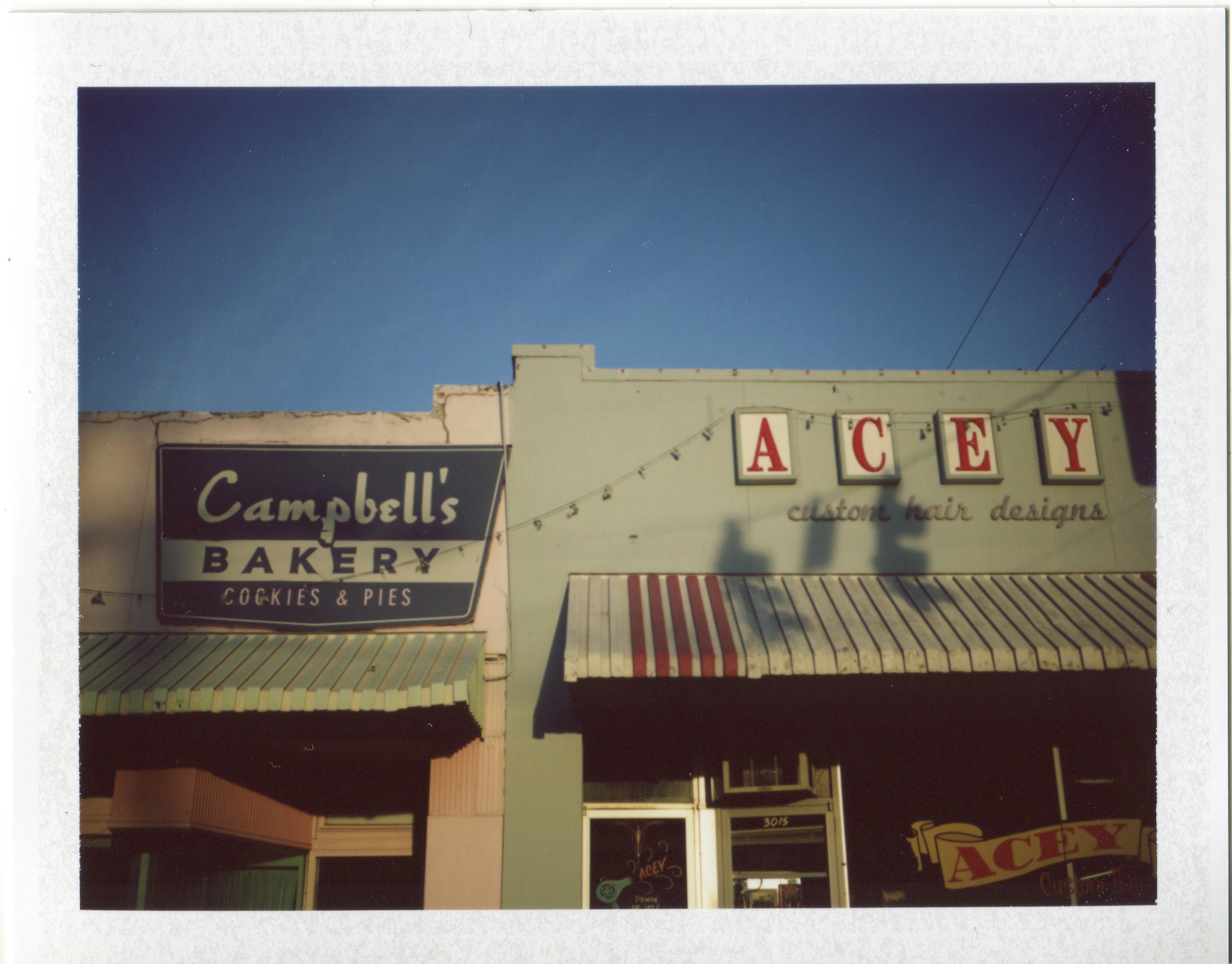By LAWRENCE RAAB
“Isn’t that just another way to feel compromised?”
Professor Heninger asked. Being freshmen
and mostly women as well, I was sure
we weren’t being invited to disagree.
The Town with the Golden Future
By WILL PRESTON

After the mine fell quiet, the town slowly went to sleep. The barber changed his hours to Thursday and Friday, by request only. The bank hung a handwritten note to transfer accounts and securities by the end of the month. The last passenger bus pulled up to the curb and drove away.
The streets lie empty now, so quiet you can hear the leaves breaking from their branches. Ghosts on the baseball diamond, in the bowling alley, in the gymnasium. Long shadows across overgrown grass. The afternoon sun sinks early into the mountains.
You’re the Sweetest One
May 1958
A white woman, softly sobbing, was hoisted into the back of an ambulance. On direction from the state troopers, Harvell stood idly by. For the second time since he’d arrived, the woman said the girl’s parents were Claudine and Cordezar Brown of Greenwood, Indiana. By “the girl,” the white woman meant the body lying in the ditch, covered by a sheet. Harvell looked at the bus tracks; the skid marks a few yards away, left by the fugitive car; a pair of yellow shoes about a foot apart on the side of the road.
Kul
Allah, you gave us a language
where yesterday & tomorrow
are the same word. Kul.
A spell cast with the entire
mouth. Back of the throat
to teeth. What day am I promised?
Swallowtail
By DANIEL TOBIN
For Bella Bond
Slowly as soundlessly in its unknowing,
what the driven thing must hunger for
is love’s white noise—a latent faring
The Interior
By ADAM PADGETT
Melvin came upon a man frozen and dead out in the interior, perhaps caught in a snowstorm he hadn’t anticipated. Melvin hooked his sled to a birch tree. His team of dogs sat and panted, tongues spilling out of their mouths in rosy lengths. Echo, the leader, barked, and so he stopped a moment to rub her ears. Amelia had named her for the pattern of gray and black echoing down the ridge of the dog’s spine and tail. He thought of his wife whenever he rubbed the animal’s ears, but she was gone from him, almost two years now.
This Morning I Miss Such Devotion
There is a sister whose voice is gentle as a lullaby. A lulling. Even when angered she won’t yell. A particular upbringing that eschews the loud, though such a woman can be found embracing those whose voices swell in the streets. Perhaps less saintliness than a vicarious expression of her own rage? Frustrations? Drawing the brawler, the harsh and violent close. The softness
The Common Statement

My mother has found the book in her files, among the stacks of papers and paid bills rescued from the cabin. Though it doesn’t look like much now, in its drab brown cover with faded red lettering, it was the most treasured volume of my childhood. My grandmother, who loved a good fairytale, whose favorite book was Alice in Wonderland, read Prince Uno to me, and then I read it myself, entranced, curled uncomfortably in one of the green wicker chairs with the scratchy orange cushions—only a slight improvement over the impossibly hard couch.
October 2017 Poetry Feature
This October, we’re celebrating fall with new work from four of our contributors.
Becoming A Rice Pot
She held the rice pot too
close to her bosom each time
she had to take a cup of it.
Once she would take as
much, she would keep back
a fistful. She never wanted
the rice pot to be empty.











